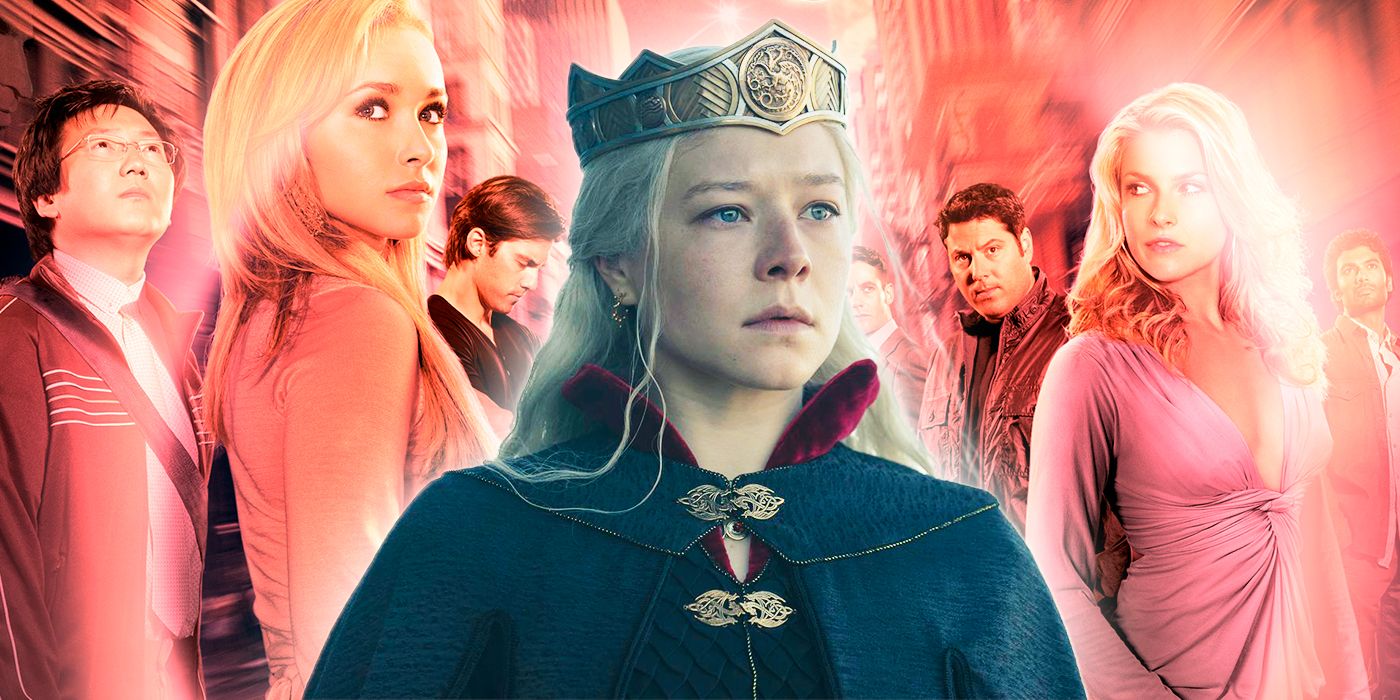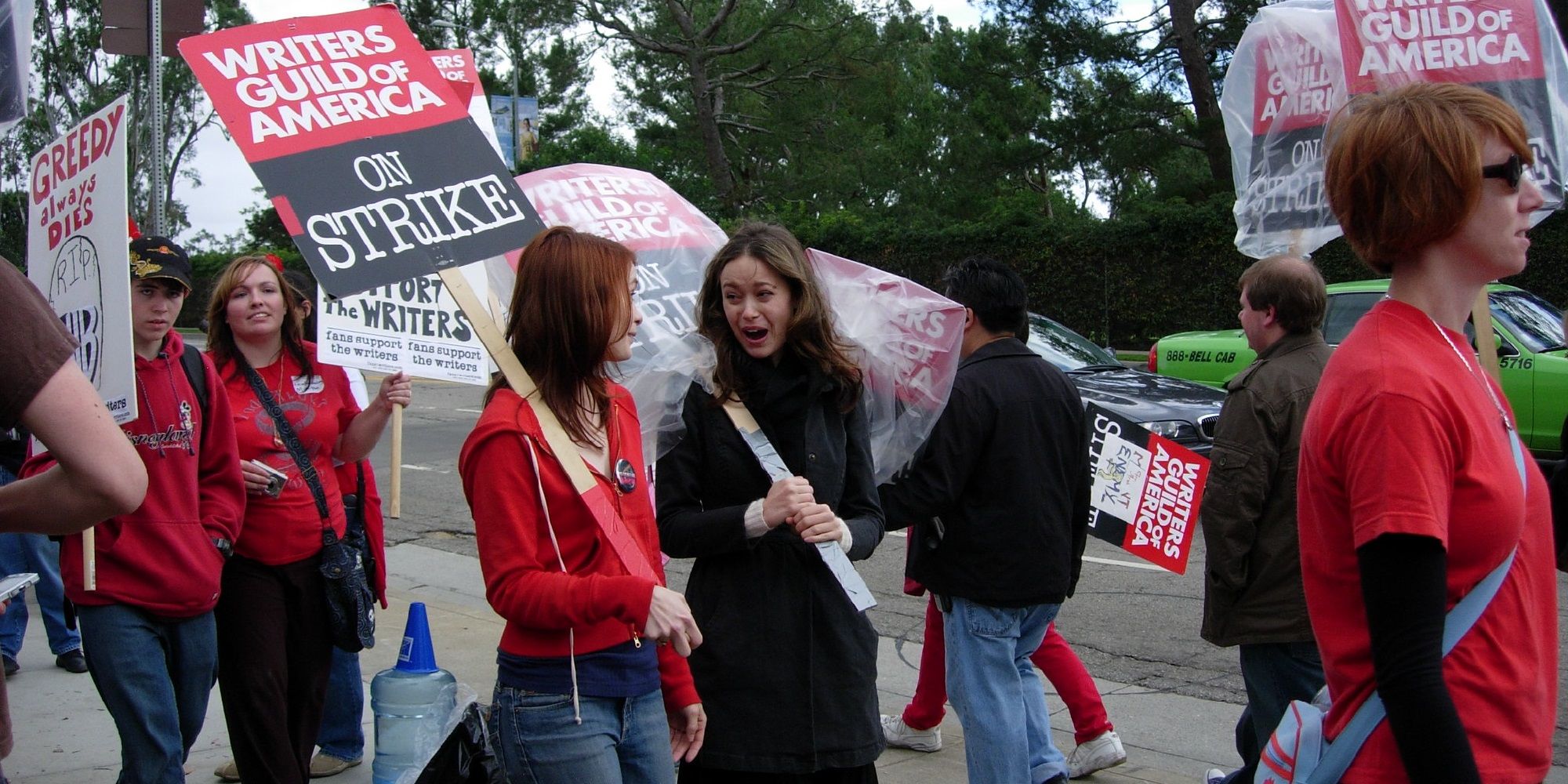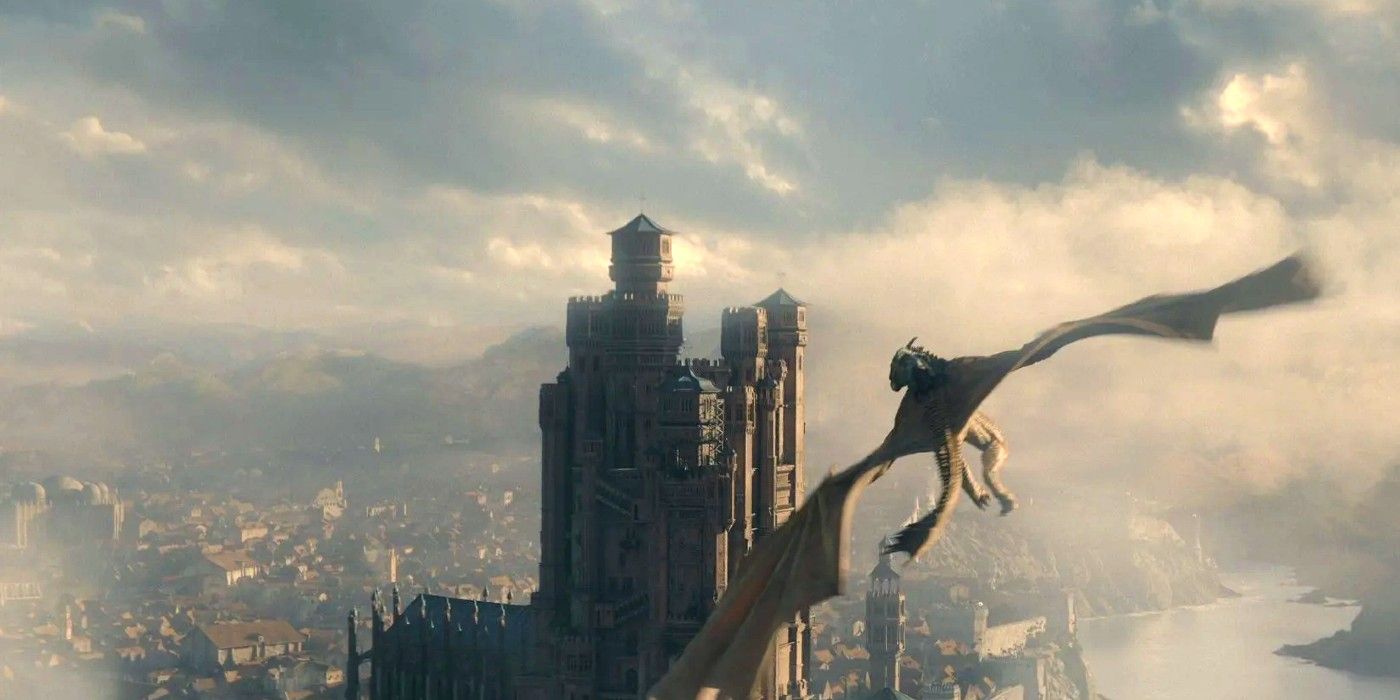Some TV series aren't going to be hurt by the 2023 Writers Guild of America strike. Some, however, exist in a precarious balance that requires them to air while writing and filming are taking place. To see how losing writers can hurt these shows, one only needs to look at Tim Kring's Heroes Season 2.While it's said about many television series, Heroes truly was a show ahead of its time. It debuted in 2006, two years before Marvel Studios staved off the end of "the comic book fad" in films. Unlike superhero-themed films and shows of then (and today), Heroes was an original concept. The first season was a hit, though it did suffer a precipitous drop in ratings after an extended mid-season break, itself a new thing in TV at the time. When Season 2 debuted, hopes were high for the series, but the show the storytellers delivered was not what fans wanted to see. Of course, network television shows can usually course-correct. They write and produce the episodes as they air. However, the 2007-2008 WGA strike cut off any chance of that. A larger story had to be unceremoniously cut short in a season that was ultimately unsatisfying and from which the series never recovered.
The 2007-2008 WGA Strike Changed the Trajectory of Heroes
In August 2007, Mediaweek spoke to Kring and detailed the bright future ahead for the burgeoning Heroes franchise. There were downloadable webisodes, graphic novels and games based on the show. Kring was headed into production on a 24-episode season of Heroes and the six-episode miniseries Heroes: Origins. A few months later, Heroes: Origins was preemptively canceled ahead of the strike. Six or so weeks after that, Kring himself walked off the show and joined the picket line. Heroes Season 2 had to finish its run without the showrunner.
Kring said that Season 2 was going to be a much larger story, encompassing multiple "volumes." Season 2 is called "Volume 2: Generations." However, it was supposed to be followed that same season with "Volume 3: Exodus" and "Volume 4: Villains." New characters were meant to play larger roles, and setups in the narrative were meant to be paid off. However, once the strike became inevitable, Kring and company rewrote the final two episodes to serve as a season finale. In fact, there were unused scenes of Zachary Quinto's Sylar filmed for Episodes 12 and 13 of Season 2 because he had to leave to film the J.J. Abrams-directed Star Trek. "I think we ended up re-shooting about eight pages, maybe -- six or eight pages, something like that," Kring told IGN.com. "So, it was about five minutes of that final episode that were altered."
While Kring admitted in a later interview with Entertainment Weekly that Heroes Season 2 suffered from creative misfires, there is no denying the toll the strike took. The plan for the season was changed at the last minute, and when they needed the writers to help it make sense, they were gone. Kring and company later tried to reset the series, but it never recovered. With the WGA Strike in 2023, even some series with complete scripts could face the same kind of trouble.
House of the Dragon Season 2 Might End Up Looking Like Heroes Season 2
CEO of Warner Bros. Discovery David Zaslav earned over $250 million in his first year on the job, or 2.7 Batgirl budgets. He earned this despite every WBD film released under his watch underperforming expectations. In fact, only HBO has been a consistent winner for WBD, with House of the Dragon being the shining jewel in the crown. Season 2 is not expected until 2024, but HBO said House of the Dragon is unaffected by the strike. While this series isn't made like Heroes was, it could suffer some of the problems the final episodes during the strike did.
In many productions, changes are made to the script throughout filming. Yet, union rules stipulate that only a WGA member can revise scripts, even during the strike. There can be any number of reasons why a script rewrite occurs; for instance, an actor may have a problem with how the character is portrayed. Production realities might mean scenes have to be changed or combined. It can even be as ephemeral as a consensus that the episode "isn't working" as written.
In a world without a strike in 2007-2008, Heroes Season 2 might have found its way halfway through. New characters who went nowhere could've found their place with more time to breathe. The overall threat and story could've coalesced in satisfying ways. The show is much better than history remembers. Yet, its legacy was defined by factors beyond the writers' control. With no end date in sight for the 2023 WGA strike, what great modern series might die before their time because the studios don't want to share their piles of money with the people who make it for them is still to be determined.



